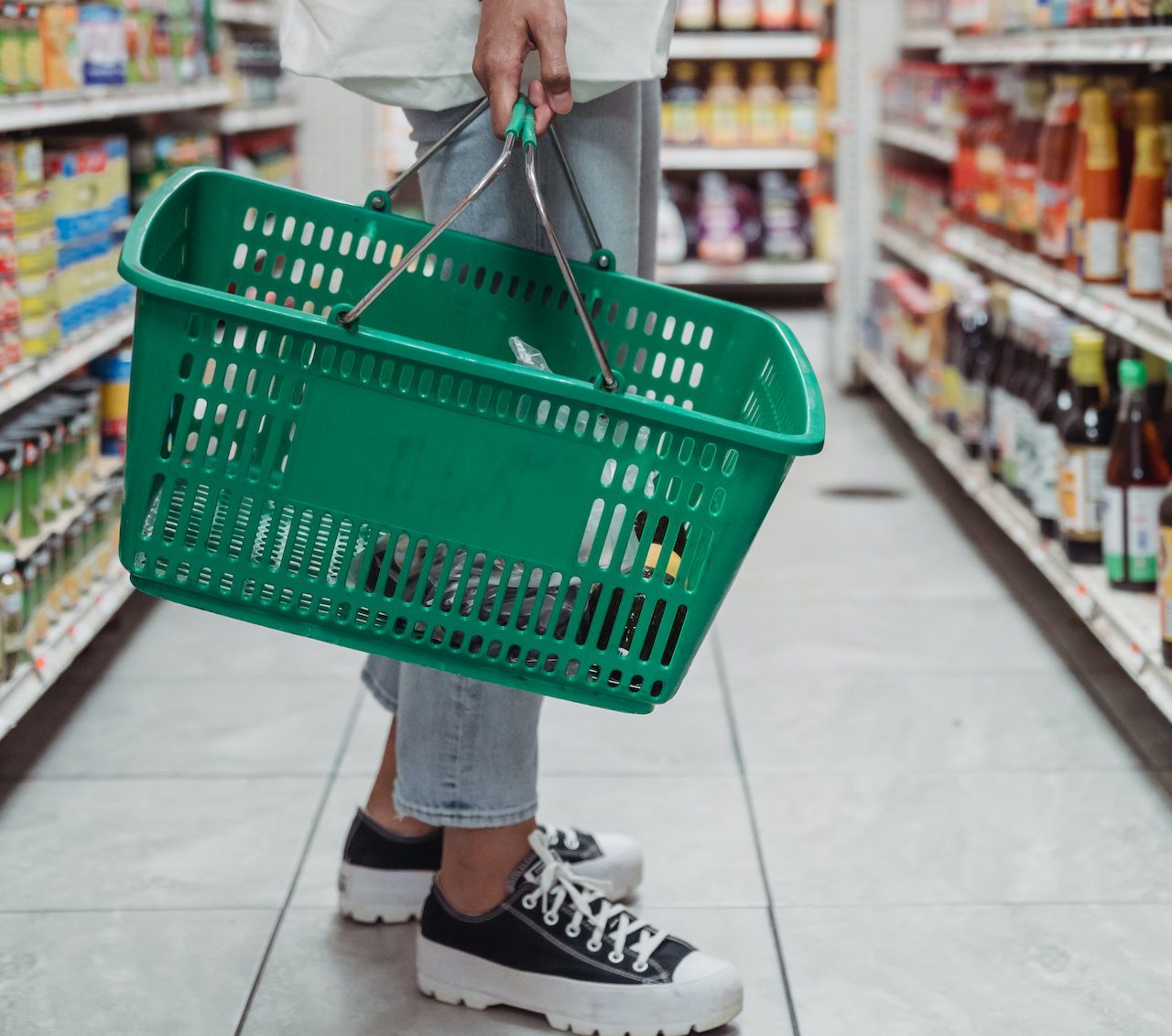Local food importers and distributors suspected of profiteering, should be investigated by the member state and its National Competition Authority, and not the European Commission, said the European Commission in a letter to MEP candidate Peter Agius.
On Friday, Mr Agius posted a video on Facebook highlighting his concerns on the matter and that if there needs to be any investigating on collusive pricing, it should be done at a national level.
Mr Agius is reacting to MEP Alex Agius Saliba’s request for the European Commission to investigate local food importers. At the time, Mr Agius Saliba argued that due to Malta’s limitations, its size and geographic location, the country is facing “de-facto monopolies” by its own importers and distributors.

However, candidate Peter Agius, insisted that if there are grounds for investigation, then such requests should be sent to the Malta Competition and Consumer Affairs Authority and not the European Commission.
Mr Agius referenced Mr Agius Saliba’s statement that Commission President Ursula Von Der Leyen did not reply to his request. Mr Agius, in an exercise to seek clarity, stated that he wrote the same letter as Mr Agius Saliba to the Commission, whose reply was that in such cases of alleged infringement, “it is usually the authorities of the member states who are best placed to conduct investigations.”
“Collusive practices are covered under European Union competition law by Article 101 of the Treaty of the Functioning of the European Union (TFEU). This provision prohibits agreements, concerned practices and decisions by associations of undertakings that restrict competition within the internal market,” a spokesperson for the commission’s directorate general for competition said to Mr Agius.
Therefore, the spokesperson remarked, the Maltese Competition and Consumer Affairs Authority “has discretion in deciding whether or not to investigate the alleged violation of Article 101 TFEU”.
Malta, like the rest of the developed world, has experienced rapid inflation since COVID restrictions eased up, made worse by the war in Ukraine. Compounding the issue, Malta faces extra importation costs being it heavily relies on shipping and freight due to the realities of being an island. Food has been one of the biggest drivers of inflation prompting added scrutiny of the importation, distribution and supermarket sectors.
Two years since its birth, Moneybase features on Microsoft’s Customer Stories
Moneybase has now just been featured on Microsoft’s latest Customer Stories
Finance Minister confirms continuity of food and energy subsidies
Spending on food and energy subsidies as a percentage of the GDP will be at 0.7% in 2025
MHRA congratulates Glenn Micallef on EU role, highlights positive impact on Malta’s tourism and cultural sectors
The lobby group emphasised that Malta’s cultural assets and sports scene are key factors in attracting visitors and fostering economic ...






